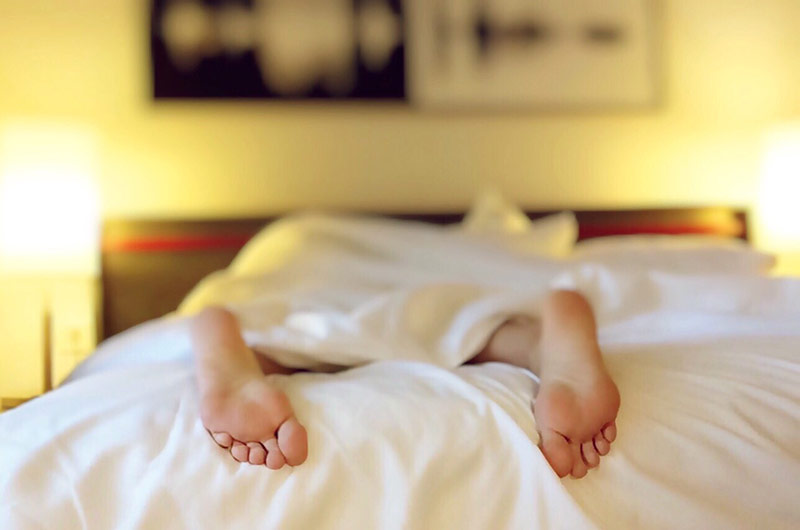Do you or someone you know have sleep challenges?
Sadly, this is an all-too common issue. Work pressures, home-life worries, racing thoughts, all play themselves out on the pillow, leaving us tossing and turning and frustratingly, clock watching.
. Sleep deprivation leaves sufferers desperate for relief. While it’s clear drugs (hypnotics) taken to induce sleep may provide relief from the symptoms of insomnia they do not treat the underlying cause. This means the actual root problem may continue for years, with foreign substances regularly taken into the body, and a pattern of dependancy established. Insomnia can be split into three main areas of concern, manifesting as: trouble falling asleep, continuing to stay asleep, or early wakening. Any one, or all three compromise daily mood and ability to function at the most basic of levels. Thankfully, sleeping tablet presciptions are not the only answer.
Acupuncture, with its earliest written record dating at around 200 BCE, offers a holistic approach. To this day, it continues to be globally respected as an effective, safe treatment, and in the UK, is one of the most widely-used complementary therapies.
Acupuncture treatment plan
Having comprehensively assessed her patient’s individual needs, Juliet will prescribe a minimum of 6-8 sessions, alongside a bespoke out-of-clinic treatment plan. Viewed in Acupuncture as an imbalance or disharmony in the flow of energy, insomnia’s root causes will be addressed by inserting fine, sterilised needles into pre-determined points along the patient’s body. Meridien lines will be activated, fine-tuning the bodies Qi and realigning energy to aid and restore sleep. Instead of releasing toxins into the body through the use of hypnotics, the practise of Acupuncture seeks to enable the release of toxins out of the body through Qi realignment.
Acupuncture and insomnia
Surprisingly, one in five of us still don’t fully realise how effective Acupuncture can be for the treatment of insomnia. But with over 2,500 years backing Acupuncture, it’s a far healthier and more effective alternative than reaching for sleeping tablets.
Byline: Rebecca Swirsky

